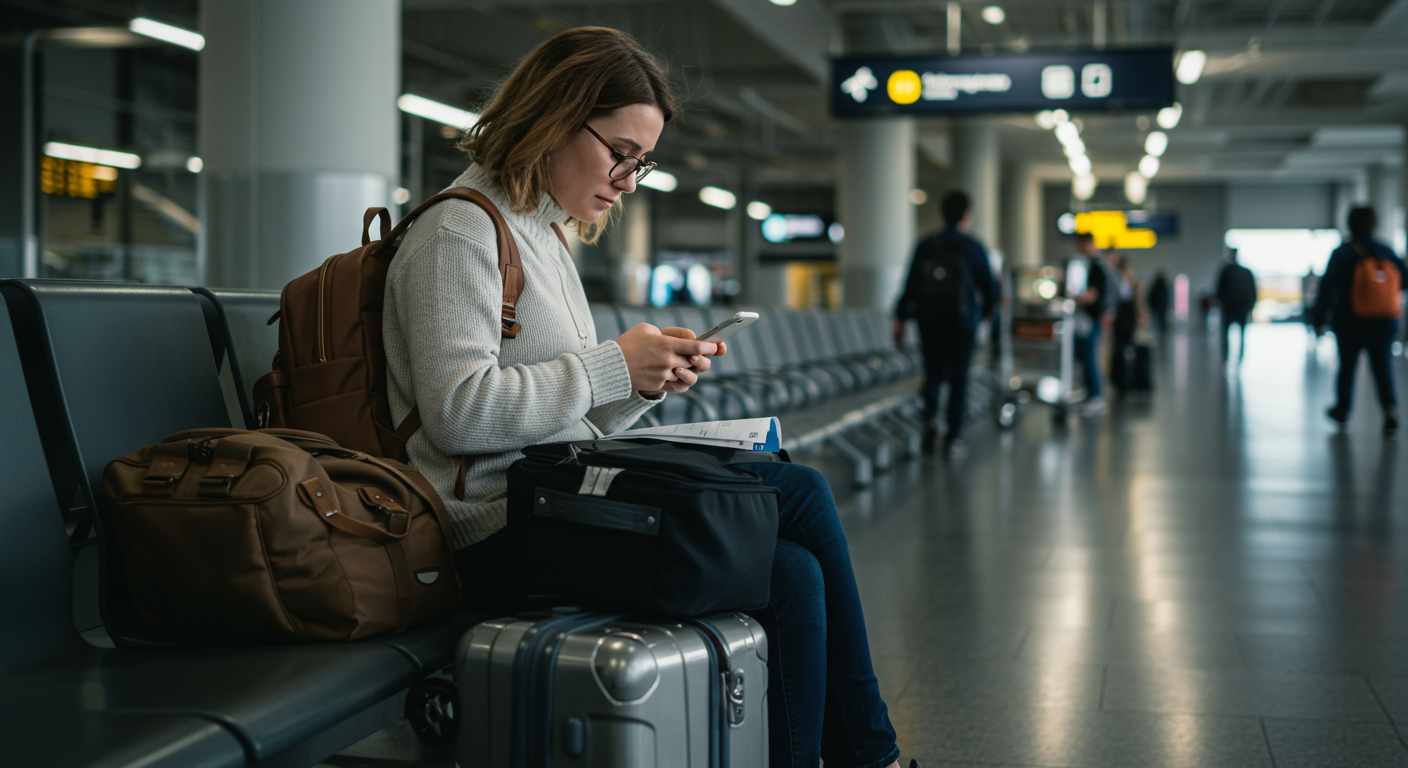Are you a budget-conscious international traveler tired of surprise fees at the airport? Flight costs often seem low, but those baggage fees can quickly eat into your travel budget. This guide dives deep into the world of baggage allowances, helping you understand the rules, avoid hidden charges, and save money on your international adventures.

Why This Matters for International Travelers
International travel is exciting, but the cost of flights can be a major concern. Airlines use baggage fees to generate significant revenue, and these fees can vary dramatically. Understanding baggage allowance is crucial for keeping your travel costs down. Avoiding unexpected fees allows you to allocate your budget to more enjoyable experiences like tours, activities, and local cuisine.
The Problem: What's Really Happening
The core problem is a lack of clarity and consistency in airline baggage policies. Airlines have different rules for size, weight, and the number of bags allowed. These rules can depend on the airline, the route, the class of service, and even the time of booking. Hidden fees often arise when travelers are unaware of these specifics, leading to unexpected charges at check-in. Airlines are also constantly evolving their policies, which can confuse travelers.
Root Causes Analysis
Several factors contribute to this problem:
- Complex Policies: Airlines use complex, jargon-filled language. Their rules are often difficult to understand quickly.
- Dynamic Pricing: Baggage fees are subject to change, often increasing closer to departure.
- Oversized/Overweight Bags: Penalties for exceeding weight or size limits are steep.
- Lack of Awareness: Many travelers don't research baggage policies before arriving at the airport.
- Airline Incentives: Airlines profit handsomely from baggage fees, creating little incentive to simplify policies.
Step-by-Step Solution Framework
- Pre-Trip Research:
- Airline Website: Always check the airline's website for baggage allowance information before booking. Look for specific details based on your flight (route, class, ticket type).
- Comparison Tools: Use online comparison tools to compare baggage fees across different airlines for your route.
- Read the Fine Print: Pay close attention to the baggage allowance details during the booking process.
- Choose Wisely:
- Consider Baggage-Inclusive Fares: Sometimes, paying a slightly higher fare that includes baggage is cheaper than paying for baggage separately.
- Factor in Airline Reputation: Research the airline’s reputation for baggage fee transparency and customer service.
- Packing Strategies:
- Weigh Your Bags: Use a portable luggage scale at home to ensure your bags meet weight limits.
- Pack Smart: Roll your clothes to save space and weight. Wear your bulkiest items on the plane to avoid extra weight in your luggage. Consider packing cubes.
- Minimize Liquids: Follow liquid restrictions for carry-on luggage to avoid discarding items at security.
- At the Airport:
- Check-In Online: Check in online to potentially avoid higher fees at the airport. Some airlines offer discounts for online check-in.
- Know Your Rights: If you believe a fee is unfair, politely inquire with the airline staff. Have your booking information and policy printouts ready.
Prevention Strategies
- Subscribe to Airline Alerts: Sign up for email alerts from airlines to receive notifications about changes in baggage policies.
- Use a Credit Card with Baggage Benefits: Some travel credit cards offer benefits like free checked baggage or baggage fee credits.
- Travel Light: Consider carry-on only travel. This eliminates checked baggage fees entirely.
- Buy Baggage Allowance in Advance: Purchase baggage allowance online when booking or before you get to the airport; it's often cheaper.
When to Seek Professional Help
If you believe you've been wrongly charged a baggage fee, or if your baggage is lost or damaged, you may need professional help.
- Lost or Damaged Luggage: Contact the airline immediately and file a claim. Keep records of all communications.
- Disputes: If you can't resolve the issue with the airline, consider filing a complaint with the relevant aviation authorities or consumer protection agencies in your country.
International Legal Protections
- Montreal Convention: The Montreal Convention sets liability limits for lost, damaged, or delayed baggage on international flights. Know your rights under this convention.
- Consumer Protection Laws: Your country’s consumer protection laws may offer additional rights. Research them before you travel.
Your Action Checklist
- Research Baggage Policies: Before booking any flight, thoroughly research the baggage policies of the airline.
- Weigh and Measure: Invest in a portable luggage scale and measure your bags before you go to the airport.
- Pack Strategically: Use packing cubes and roll your clothes. Wear your heaviest items on the plane.
- Understand Your Rights: Know your rights regarding lost, damaged, or delayed baggage.
- Keep Records: Save all booking confirmations, receipts, and communication with the airline.